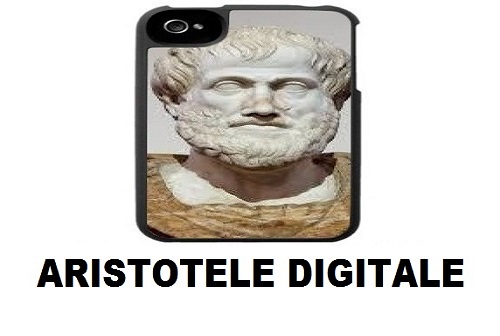In our social system, work undoubtedly determines both economic and social values. In fact, according to Max Weber ethics of the work, one of the foundations of society, is the origin of capitalism, that is, of us. When the machines do the job, will the values remain the same? I doubt it! What values, then? “Are you paid to working, or for thinking?” We should answer at least because, in digital thinking, to make is more than to do.
The scheme of value/work has the market as its platform and the currency as its transaction tool. Well! Two things should make us think we are entering a new way of the same social relationship and therefore of politics: on the one hand, the increasingly widespread application of forms of barter (not necessarily regressive); on the other hand, the spread of bitcoin, which undermines the relationship between value and gold or oil reserves held by the state and which bases its ability to produce transaction in the “trust” governed by an algorithm. Is this the current crisis of the State? And does the danger of dissolution lie in the reappearance of the Empire?
Does this not foreshadow, for example, the collapse of the system of values pegged to the primacy of the utility value for new modes of the use-value? Could it be a philosophically radical change of register between necessity and superfluous?
If it is no longer to work to determine values, but it is intelligence and collective creativity (which everyone has in their pockets through his/her I-phone). Can we still face social conflicts starting from the relation between capital and work? Could we still have welfare as a bargaining parameter, or should we ask ourselves what good life can be and then address the problem of biopolitics?
And if values were to be configured in the immaterial of intelligence and collective creativity
(I could also have written about the common good), where and how would they deposit and become social relationship? Maybe on territories? Perhaps territories are no longer the places from which to extract raw material and/or workforce, but they are real ecosystems of and for the common good.
And what about keywords such as accumulation and wealth? What do people accumulate in the bitic immaterial? And how does it turn into wealth?
Perhaps to resolve the social conflict, that is, the good life, should we refer to the redistribution? I do not think so.
Perhaps we should be critical of the political economy of the digital way of production knowing that “… the world appears and presents itself as a huge cluster of bits.”








